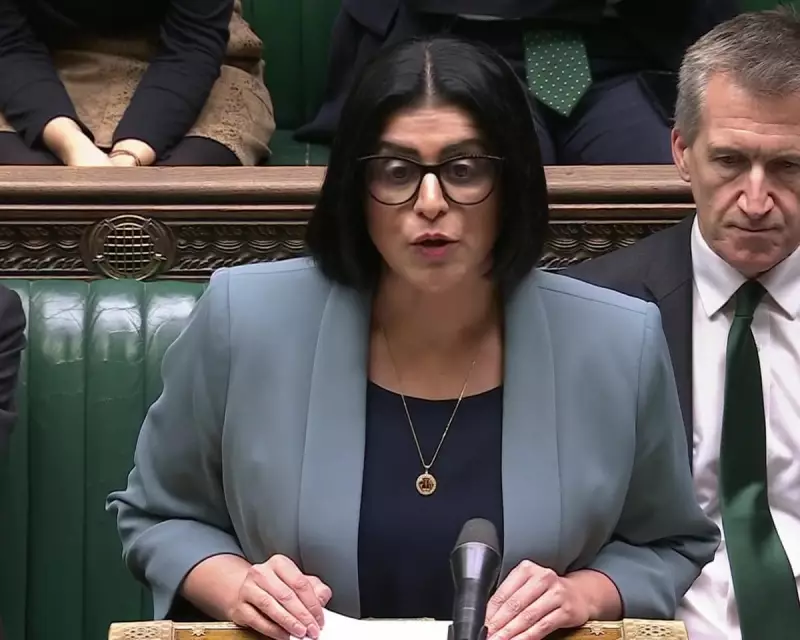
Labour Unveils Radical Overhaul of UK Immigration System
Home Secretary Shabana Mahmood has announced a fundamental rewrite of Britain's immigration rules, declaring that settling in the UK "is not a right, but a privilege" that must be earned. The proposals represent one of the most significant shake-ups of the immigration system in decades, creating a tiered approach where access to benefits and permanent residency depends heavily on an individual's circumstances and contribution to British society.
Staggered Settlement Timelines Based on Visa Category
Under the new framework, the pathway to indefinite leave to remain will vary dramatically depending on how someone entered the country and their employment status. Most migrants will now wait 10 years instead of five before being eligible to apply for permanent settlement, but many face far longer delays.
Healthcare workers who arrived during the so-called "Boriswave" of post-Brexit immigration face particularly stark changes. More than 600,000 overseas health workers and their families would need to wait 15 years for settlement eligibility, extended to 25 years if they've claimed benefits for twelve months or more.
The most severe restrictions target those who entered irregularly. Visa overstayers and small boat arrivals could wait up to 30 years for settlement, effectively removing their prospects of long-term security in the UK.
Contribution-Based Fast Tracking and NGO Concerns
The government has outlined ways migrants can accelerate their settlement through a new contribution-based model. Volunteering in local communities, demonstrating high English proficiency, and avoiding benefits could all shorten waiting periods. Meanwhile, doctors and nurses working in the NHS can settle after five years, while high earners and entrepreneurs may qualify in just three.
However, refugee organisations have expressed serious concerns about the proposals. Enver Solomon, chief executive of the Refugee Council, warned: "These proposals would risk trapping people in three decades of instability". He added that the plans would create "expensive bureaucracy" while preventing refugees from properly integrating and contributing to their communities.
The announcement comes as Labour faces political pressure from Nigel Farage's Reform UK in the polls, and as Mahmood herself is being touted as a potential future Labour leader by "Blue Labour" MPs. The government has defended its approach, with a Downing Street spokesperson stating they "make no apology for saving taxpayers millions of pounds" through increased removals and voluntary departure schemes.





